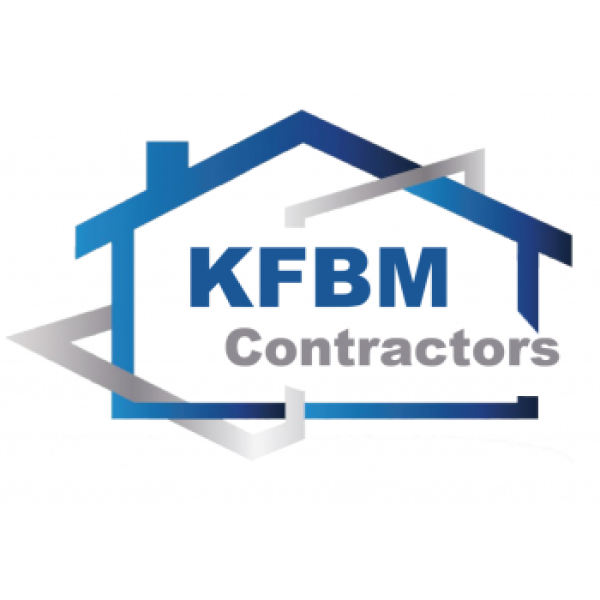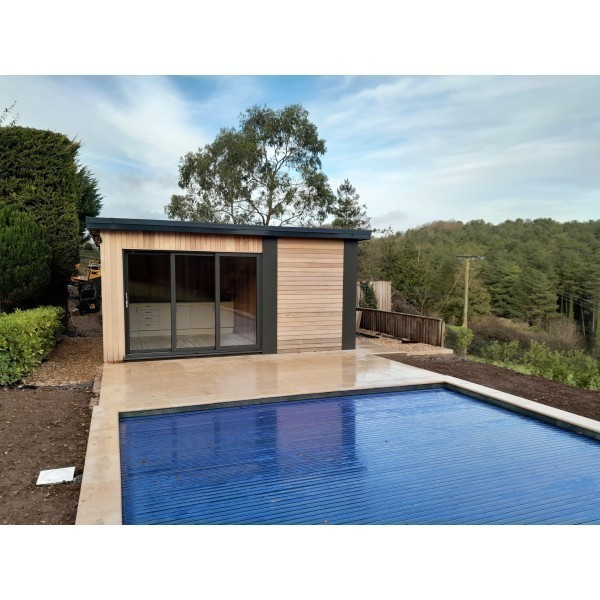Garage Conversions in Plymouth
Search Garage Conversions in places nearby
- Garage Conversions in Ashburton
- Garage Conversions in Axminster
- Garage Conversions in Barnstaple
- Garage Conversions in Bideford
- Garage Conversions in Buckfastleigh
- Garage Conversions in Budleigh Salterton
- Garage Conversions in Crediton
- Garage Conversions in Dartmouth
- Garage Conversions in Dawlish
- Garage Conversions in Exeter
- Garage Conversions in Exmouth
- Garage Conversions in Great Torrington
- Garage Conversions in Higher Dunstone
- Garage Conversions in Holsworthy
- Garage Conversions in Honiton
- Garage Conversions in Ilfracombe
- Garage Conversions in Ivybridge
- Garage Conversions in Kingsbridge
- Garage Conversions in Lynton
- Garage Conversions in Newton Abbot
- Garage Conversions in Northam
- Garage Conversions in Okehampton
- Garage Conversions in Ottery St Mary
- Garage Conversions in Paignton
- Garage Conversions in Salcombe
- Garage Conversions in Seaton
- Garage Conversions in Sidmouth
- Garage Conversions in South Molton
- Garage Conversions in Tavistock
- Garage Conversions in Teignmouth
- Garage Conversions in Tiverton
- Garage Conversions in Torquay
- Garage Conversions in Totnes
- Garage Conversions in Wotton Cross
Understanding Garage Conversions in Plymouth
Garage conversions in Plymouth have become increasingly popular as homeowners seek to maximise their living space without the hassle of moving. Transforming a garage into a functional room can add significant value to a property and provide much-needed extra space. Whether you're considering a new bedroom, home office, or playroom, a garage conversion can be a cost-effective solution.
The Benefits of Garage Conversions
Garage conversions offer numerous benefits, making them an attractive option for many homeowners. Firstly, they can increase the value of your home. By converting a garage into a living space, you can add square footage, which is a key factor in property valuation. Additionally, garage conversions can improve the functionality of your home, providing extra space for a growing family or a dedicated area for hobbies or work.
Cost-Effective Home Improvement
Compared to building an extension, garage conversions are often more affordable. They utilise existing structures, which can significantly reduce construction costs. Moreover, the process is usually quicker, meaning less disruption to your daily life.
Increased Living Space
One of the primary reasons homeowners opt for garage conversions is the need for additional living space. Whether it's a new bedroom, a home office, or a gym, converting a garage can provide the extra room you need without the expense of moving to a larger home.
Planning Permission and Regulations
Before embarking on a garage conversion in Plymouth, it's crucial to understand the planning permission and building regulations involved. In many cases, garage conversions are considered permitted development, meaning you won't need planning permission. However, there are exceptions, particularly if your property is listed or in a conservation area.
Building Regulations Compliance
Regardless of planning permission, all garage conversions must comply with building regulations. These regulations ensure that the conversion is safe and energy-efficient. Key areas include structural integrity, fire safety, insulation, and ventilation.
Consulting with Local Authorities
It's advisable to consult with local authorities or a professional architect to ensure your conversion meets all necessary requirements. They can provide guidance on any specific regulations that may apply to your property.
Designing Your Garage Conversion
The design phase is an exciting part of the garage conversion process. It's your chance to transform a utilitarian space into a functional and aesthetically pleasing room. Consider how you intend to use the space and what features are essential for your needs.
Choosing the Right Layout
The layout of your garage conversion will depend on its intended use. For example, a home office may require built-in storage and ample desk space, while a bedroom will need room for a bed and wardrobe. Think about how you can maximise the space and create a layout that works for you.
Incorporating Natural Light
Garages often lack natural light, so it's important to consider how you'll brighten the space. Adding windows or skylights can make a significant difference, creating a more inviting and comfortable environment.
Budgeting for Your Garage Conversion
Budgeting is a critical aspect of any home improvement project. Understanding the costs involved in a garage conversion can help you plan effectively and avoid unexpected expenses.
Estimating Costs
The cost of a garage conversion can vary widely depending on factors such as the size of the garage, the complexity of the design, and the quality of materials used. On average, you can expect to pay between £5,000 and £20,000 for a standard conversion.
Setting a Realistic Budget
When setting your budget, consider all potential expenses, including design fees, construction costs, and any necessary permits. It's also wise to set aside a contingency fund for any unforeseen issues that may arise during the project.
Hiring Professionals for Your Conversion
While some homeowners may choose to undertake a garage conversion as a DIY project, hiring professionals can ensure a high-quality finish and compliance with all regulations.
Finding the Right Contractor
When selecting a contractor, look for someone with experience in garage conversions and a solid reputation. Ask for references and view previous work to ensure they can deliver the results you desire.
Working with an Architect
An architect can help you design a conversion that meets your needs and complies with all regulations. They can also assist with obtaining any necessary permits and managing the project from start to finish.
Common Challenges and Solutions
Like any home improvement project, garage conversions can present challenges. Being aware of potential issues and how to address them can help ensure a smooth process.
Dealing with Structural Issues
Garages are not always designed to be living spaces, so structural modifications may be necessary. This could include reinforcing walls or floors to support additional weight or altering the roof to accommodate new windows.
Addressing Moisture and Insulation
Garages can be prone to dampness, so proper insulation and moisture control are essential. Installing a damp-proof membrane and high-quality insulation can help create a comfortable and energy-efficient space.
Maximising Space in Your Conversion
Making the most of the available space is key to a successful garage conversion. Clever design and storage solutions can help you create a functional and organised room.
Utilising Built-In Storage
Built-in storage solutions can help maximise space and reduce clutter. Consider incorporating shelves, cupboards, or even a built-in desk to keep the area tidy and efficient.
Choosing Multi-Functional Furniture
Multi-functional furniture can be a great way to save space in a garage conversion. Look for pieces that serve multiple purposes, such as a sofa bed or a fold-out desk.
Enhancing the Aesthetic Appeal
While functionality is important, the aesthetic appeal of your garage conversion should not be overlooked. Creating a visually pleasing space can enhance your enjoyment and increase the value of your home.
Selecting a Colour Scheme
Choosing the right colour scheme can have a significant impact on the look and feel of your conversion. Light, neutral colours can make a small space feel larger, while bold accents can add personality and interest.
Incorporating Decorative Elements
Decorative elements such as artwork, rugs, and cushions can add warmth and character to your conversion. Choose pieces that reflect your personal style and complement the overall design.
Frequently Asked Questions
Do I need planning permission for a garage conversion in Plymouth?
In many cases, garage conversions are considered permitted development, meaning planning permission is not required. However, it's always best to check with your local authority, especially if your property is listed or in a conservation area.
How long does a garage conversion take?
The duration of a garage conversion can vary depending on the complexity of the project. On average, it can take between four to six weeks to complete.
Can I convert a detached garage?
Yes, detached garages can be converted into living spaces. However, additional considerations such as access and utilities may need to be addressed.
Will a garage conversion add value to my home?
A well-executed garage conversion can add value to your home by increasing the living space and functionality. It's a popular choice for homeowners looking to enhance their property's appeal.
What are the common uses for a converted garage?
Common uses for a converted garage include additional bedrooms, home offices, gyms, playrooms, or even a granny flat. The possibilities are endless, depending on your needs and preferences.
How much does a garage conversion cost?
The cost of a garage conversion can vary widely, but on average, you can expect to pay between £5,000 and £20,000. Factors such as size, design complexity, and material quality will influence the final cost.
In conclusion, garage conversions in Plymouth offer a fantastic opportunity to enhance your home's value and functionality. By understanding the process, planning carefully, and working with experienced professionals, you can create a beautiful and practical space that meets your needs.














